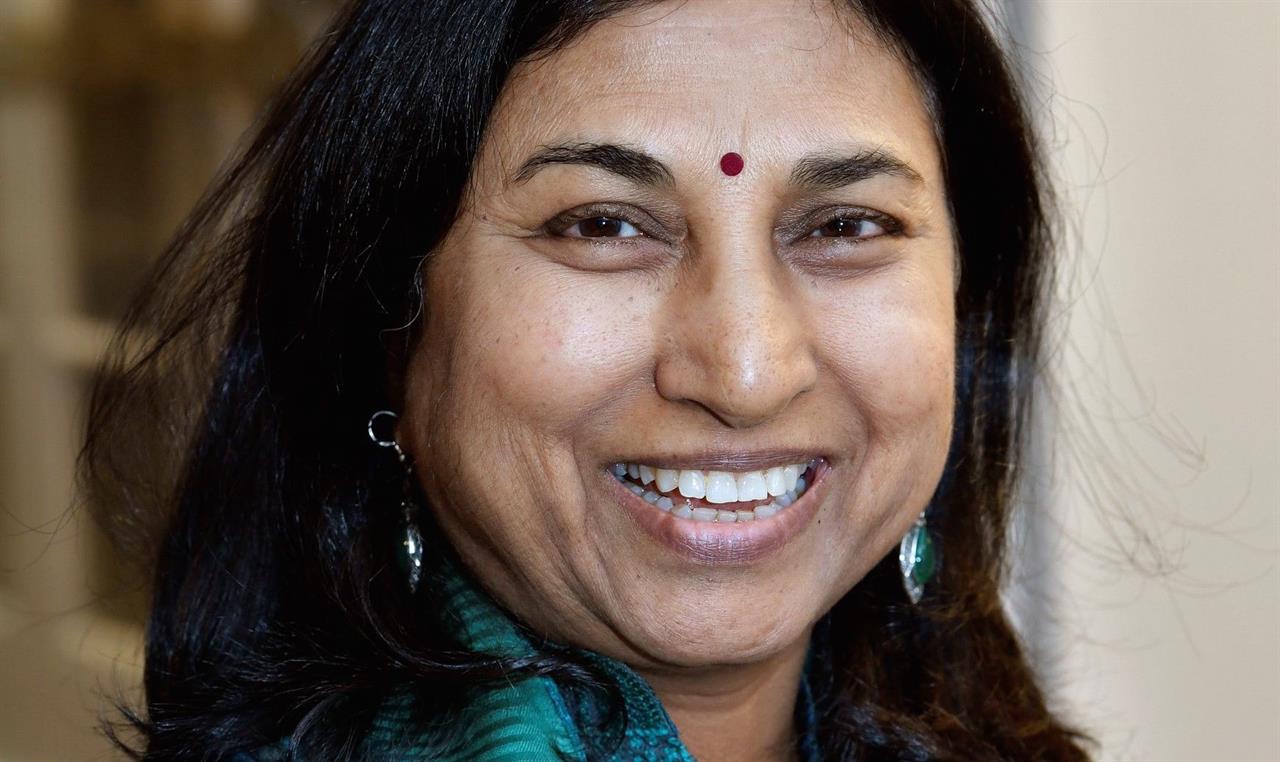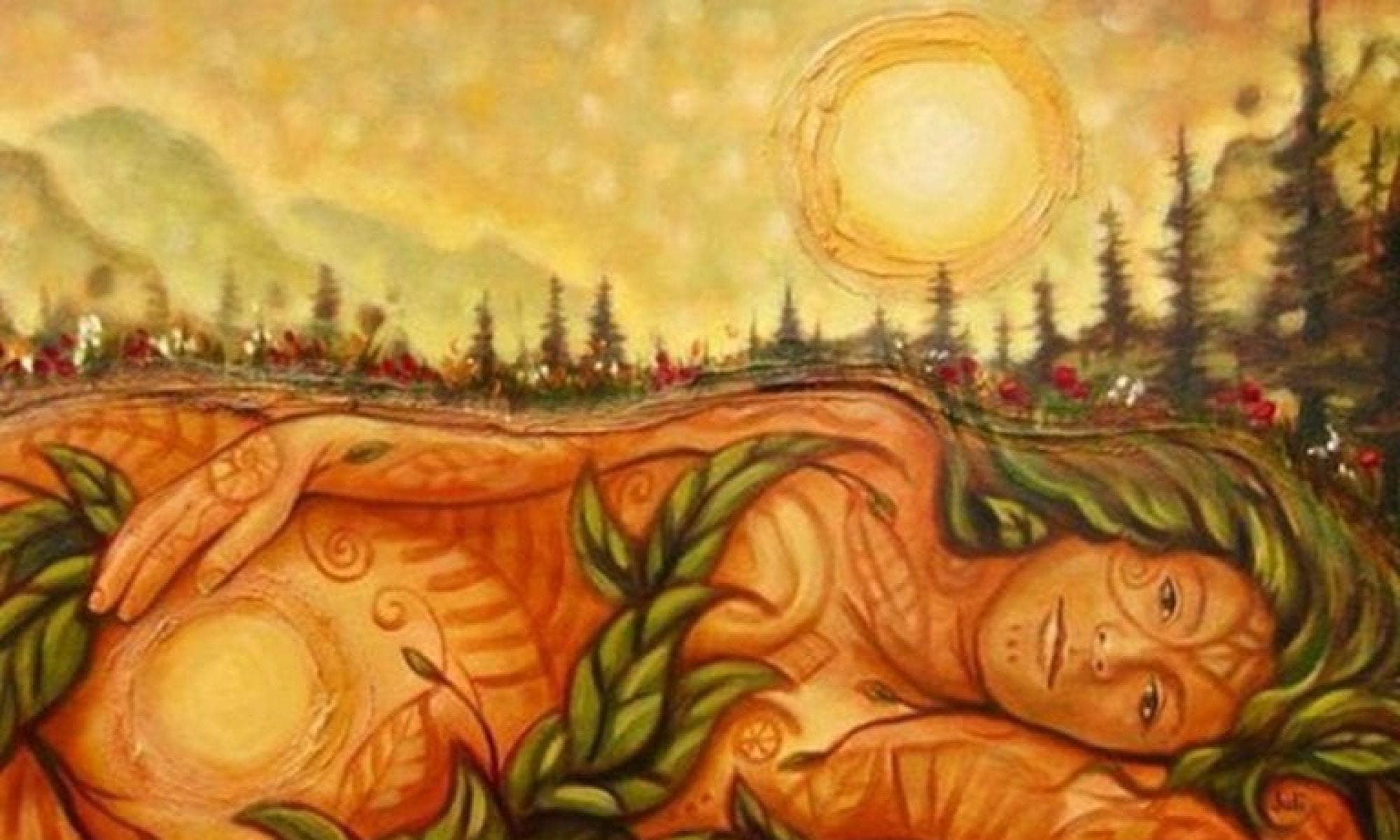Women’s Contribution to Food Production and Environmental Degradation in the Global South is often Underrated and Inaccurate
https://www.filmsforaction.org/
Women in the Global South are affected more significantly by food production and environmental concerns than in the Global North.
Vandana Shiva, is a powerful representation of a female eco-feminist activist in the Global South. She concentrates her initiatives in non-western environmentalism. Shiva does not see humans and nature as separate (indeed, that way of thinking is partially responsible for our ecological crisis); rather, she sees living creatures as interconnected to our “mother” earth.
“Women’s work is also invisible because women are concentrated outside market related or remunerated work and they are normally engaged in multiple tasks.
https://noahpinion.substack.com/p/checking-in-on-the-global-south
Science and technology have rendered women’s knowledge and productivity invisible by ignoring the dimension of diversity in agriculture production. As the FAO report on women feed the world mentions, women use more plant diversity, both cultivated and uncultivated, than agricultural scientists know about. In Nigerian home gardens, women plant 18 – 57 plant species. In Sub – Saharan Africa women cultivate as many as 120 different plants in the spaces alongside the cash crops managed by man.”
*Shiva, V. 1998. “Strengthening Women’s Capacity to Feed the World, 1998 World Food
Day Keynote Speech 16 October 1998 – Bangkok,
Thailand
“We women, in all our vibrant and fabulous diversity, have witnessed the increasing aggression against the human spirit, human mind and human body and the continued invasion of an assault upon the Earth and all her diverse species. And we are enraged.“
http://www.navdanya.org/eco-feminism/declaration-for-diverse-women-for-diversity.
The terms “Global North and Global South” do not represent separating the world into two geographical halves. It is a more holistic term including political and social, economic and political concepts. Specifically, low income, highly and densely populated, inadequate infrastructure and marginalization. Most of the “Global South” countries reside within the regions of Latin America, Africa, Asia and Oceania. Women and girls are more susceptible to the negative effects of environmental degradation.
“Women and girls usually have the responsibility of fetching water. This can be a dangerous, time-consuming and physically demanding task. Long journeys by foot, often more than once a day, can leave women and girls vulnerable to attack and often precludes them from school or earning an income. For women and girls, sanitation is about personal safety. Girls are at an increased risk of abuse and assault. Women and girls have specific hygiene needs. Lack of safely managed water and sanitation is an equality issue. Access to water and sanitation are human rights”. https://www.unwater.org/water-facts/water-and-gende. “Fewer than 50 countries have laws or policies that specifically mention women’s participation in rural sanitation or water resources management”. (UN-Water, 2021).”
The World Economic Forum
https://intelligence.weforum.org/topics/a1G0X0000057N0PUAU
a1G0X0000057N0PUAU
Agarwal is an ecofeminist like Hobgood-Oster, but she has a different perspective. identify the central differences and commonalities between ecofeminism from a Western perspective and a non-Western perspective. https://www.jstor.org/stable/317821
Considering both Hobgood-Oster and Bina Agarwal’s philosophies in terms of women and the environment, I would personally choose Agarwal’s philosophy over Hobgood-Oster’s.

http://www.vita.it/it/article/2019/11/20/leconomista-bina-agarwal-donne-e-piccoli-gruppi-per-un-modello-alterna/153331/
I appreciate that Agarwal’s area of interest is heavily weighted towards rural economies. Her multi-disciplinary approach includes the land, the polices related to gender, inequality as well as poverty, property rights, agriculture and an interdisciplinary approach, to provide insights on land, livelihoods and property rights; environment and development; the political economy of gender; poverty and inequality; law; gender inequality, agriculture and technological change. She certainly is all inclusive and casts a wide net when assessing the problems that women in the Global South face related to environmental concerns and commodities.




Ecofeminism demonstrates the relationship existing between environmental questions and gender equality and how both nature and women are victimized in the same ways. The knowledge of this view promotes reasonable and positive practices that are sustainable. Similarly to the way in which we increase the clarity of our studies by the assistance of the Law Assignment Help, we can enhance the level of our consciousness of social and ecological equilibrium by investigating the aspects of ecofeminism.
Hi Catherine!
I thought your blog post this week was informative and understanding to someone who doesn’t know about ecofeminism pertaining to the global south. I also appreciate how you included a map of where in the world is referred to as the global south; I thought that the visual is a key idea in understanding what the term “global south” pertains to for those who don’t know.
When you discussed Shiva looking at humans and nature as one, it reminded me of a part of the reading where she stated that she also doesn’t differentiate between a women’s class, caste, race, or ecological zone (125). Shiva makes defining ecofeminism seem more like a family working towards one common objective. I also appreciate how you included the quote discussing “aggression against the human spirit”. I think that we lose touch of ourselves when we lose touch in nature, or become “enraged”. With all the information in the world at our fingertips, we tend to get bombarded with news and keeping up with recent events, or getting sucked into social media. In the global south, woman being more susceptible to environmental degradation, there are other issues, as you stated, such as lack of safely managed water and sanitation. Ultimately Agarwal’s philosophy of ecofeminism was what I was also more drawn too from the two perspectives, and the different approaches Agarwal takes are key problems that we might not realize, or take for granted here, that are changing the lives and livelihood of woman in the global south.